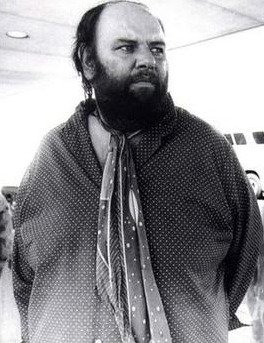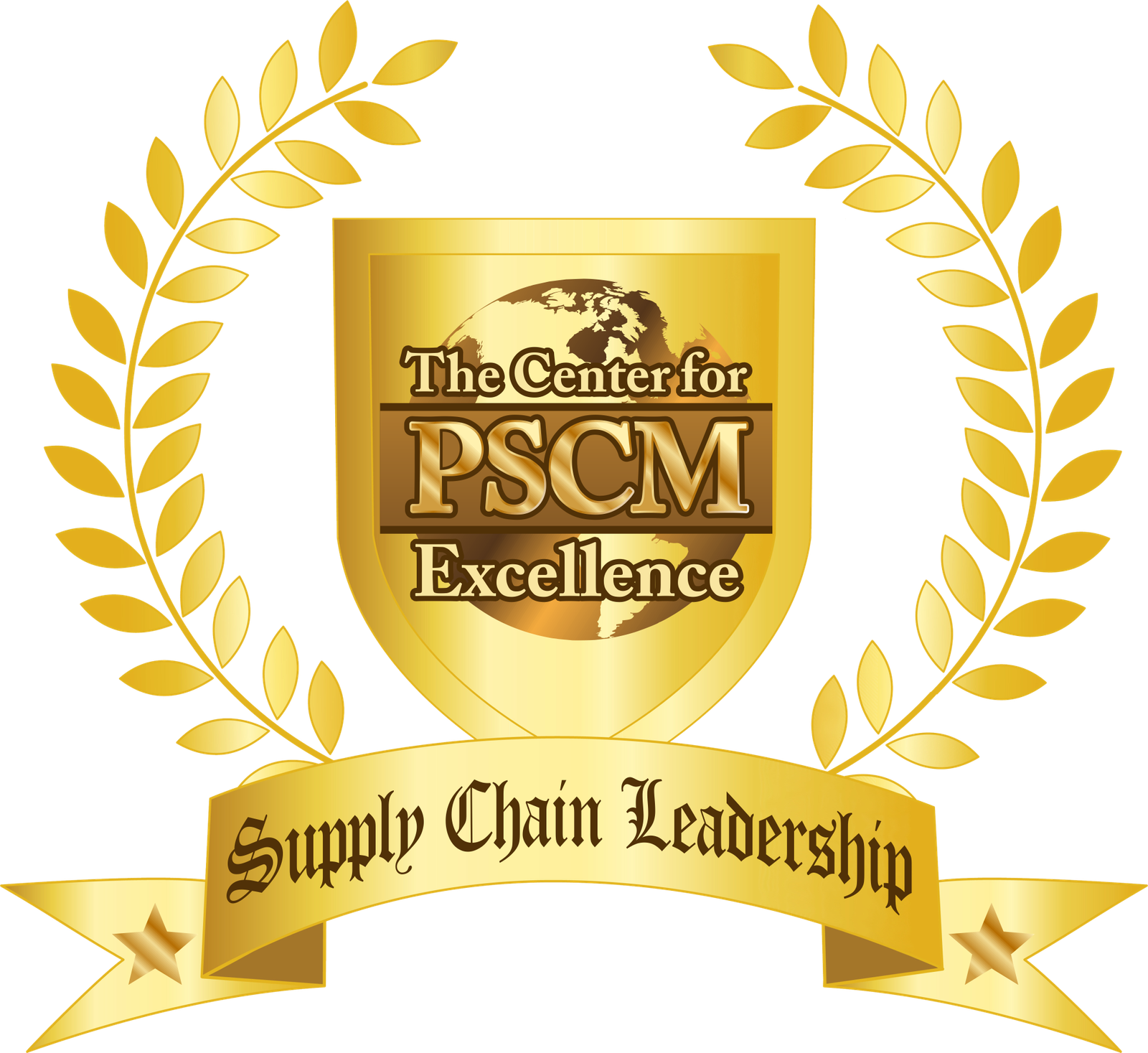
Peter Grant was the manager for the British Powerhouse Led Zeppelin. He was an untrained negotiator. In fact, he was a former wrestler and bouncer. And at 6’5” and over 300lbs, he was a behemoth.
But where he really excelled was as the group manager for Led Zeppelin. And he changed the music industry forever with his negotiation mastery.
The standard in the music industry was for concert promoters and venues to get 50-60% of concert proceeds. Every single band – even Elvis, the Rolling Stones, and the Beatles – found themselves on the short end of this stick.
It’s not unlike the coffee industry today, whereby the supply chain link that does the easiest job relatively speaking – selling lattes – makes dozens of times more than the hardest and most important supply chain link – the farmers that are tirelessly growing, harvesting, and processing the best tasting coffee beans. That negotiation dynamic remains unchanged to this day.
Peter Grant was mostly a music outsider, but he saw this inequity and he was going to change it. He knew that, like the coffee farmers, THE BAND PLAYING THE MUSIC was the source of the value in the supply chain.
He devised a strategy to tell the concert promoters and venues the outrageous: His band would get 90% and they would have 10%, and not a penny more. At face value, it was preposterous. Why should they agree to this if an entire industry was giving them 50-60%?
On top of that, he also wanted more control of selected venues, more control over concert production, and he wanted guaranteed minimum payments to his band – which could mean greater than 90% of the proceeds in some cases.
Peter knew that he had to do something more than slam his fists on the table. Lots of managers for famous bands were doing that, and it wasn’t working for any of them.
He decided that at-the-table negotiation moves, which is what his contemporaries were doing, weren’t going to work.
He thought hard about away-from-the-table moves. He thought about the carrot and the stick, and how he could employ both.
What could he do to make the pie bigger for both parties, resulting in 10% amounting to more money than it would otherwise (the carrot)? What could he do to shift bargaining power, and put them in a position where they are under more pressure to accept these terms (the stick)?
He came up with the following:
He told the concert promoters that if they agreed to give him more control over venues and concert production, it would result in a better final product and greater concert attendance. This presents a benefit to both parties, he reasoned.
He also told them that he wanted to control ticket prices, and with the actions above, he could raise them higher than what the promoters were charging, and people would still attend. That too would make the pie bigger for both parties, he reasoned.
He also told them he would agree to exclusivity deals as a concession. This meant that the band agreed not to perform in a particular region for a specified period, creating a sense of anticipation and exclusivity around their live shows. This would further increase attendance and justify higher ticket prices, he once again reasoned.
He used these factors to influence, dangling the carrot to make business better for both of them. But in his back pocket, he had the stick too, and he threw it out there, plain as day.
“If you don’t think these terms are favorable to you, that’s ok too. We just won’t do business with you. You won’t have Led Zeppelin, the #1 rock band in the world.”
And in the end, concert promoters had no choice but to agree to the unthinkable. But they didn’t do so begrudgingly. The pie was made bigger, and they were enticed by the idea that increased ticket prices due to exclusivity deals and concert production that was more aligned with the artist’s vision would make 10% a pretty good deal.
And it was certainly better than the alternative – losing Led Zeppelin’s business altogether. And Peter Grant was famous for being ruthless when he felt he was being taken advantage of. Promoters knew that he wouldn’t hesitate to exercise this option.
But in the end, it was Peter Grant’s value creation negotiation strategy that really made the deal go, and his bargaining power moves made the promoter’s BATNA very, very weak.
Ever since then, the music industry dynamics have shifted in favor of the bands. If there was no Peter Grant, the bands would probably still be paying out 50-60% of their proceeds to this day.
Peter Grant, the former wrestler, bouncer, and completely untrained negotiator, is one of the prize fighting negotiation heavyweights of all time. We all should learn from him.
P.S. To become a rock star in driving away from the table moves, check out the CPSCM™ program. You’ll be glad you did.


